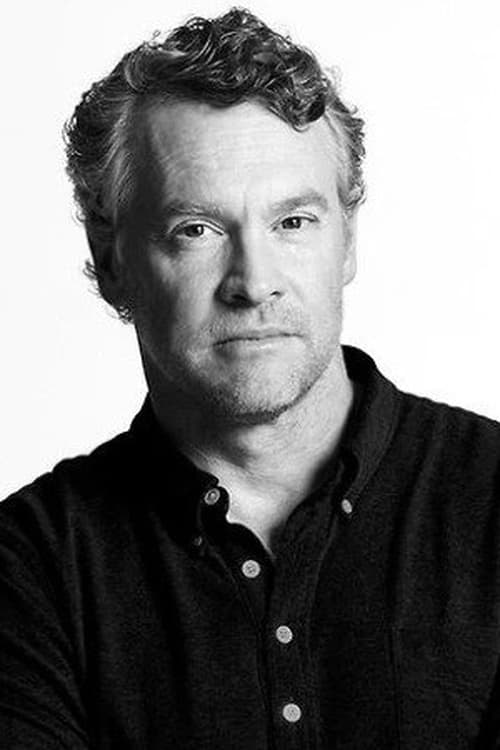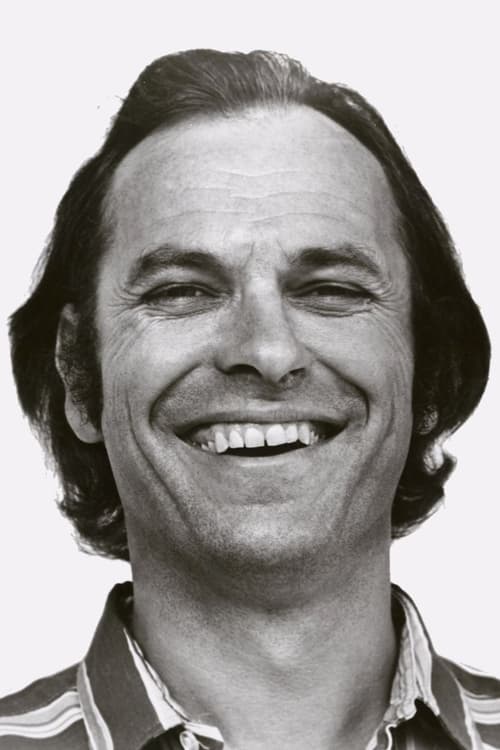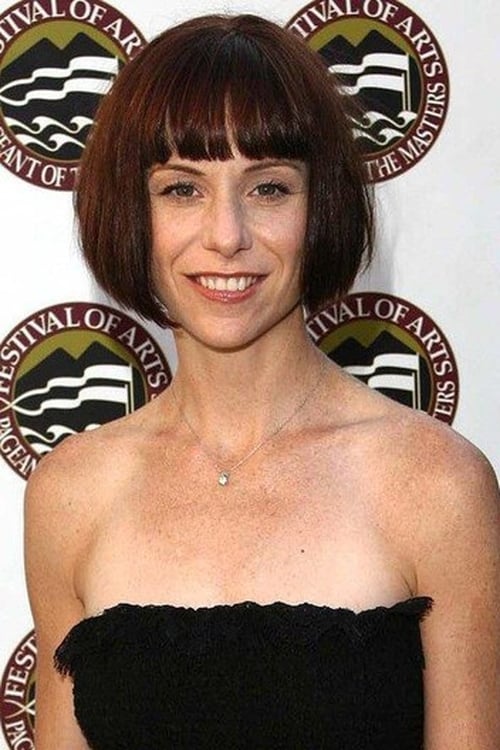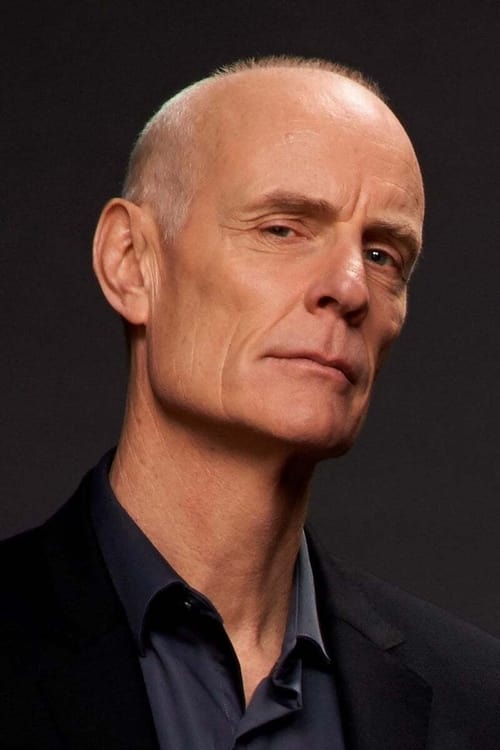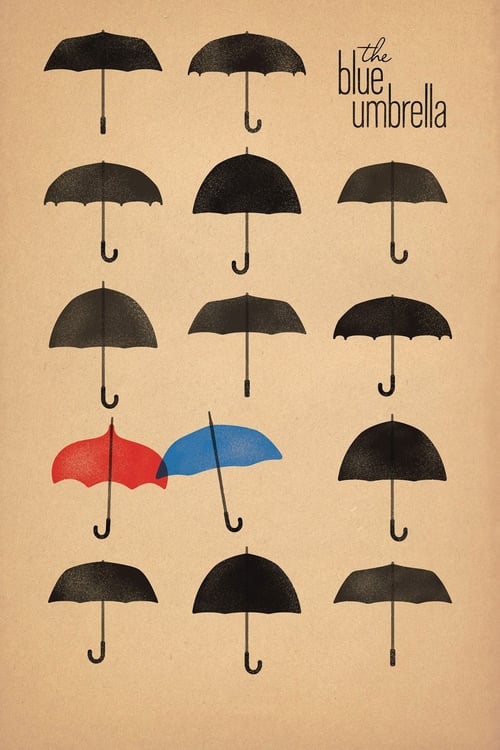
Hercules
Bestowed with superhuman strength, a young mortal named Hercules sets out to prove himself a hero in the eyes of his father, the great god Zeus. Along with his friends Pegasus, a flying horse, and Phil, a personal trainer, Hercules is tricked by the hilarious, hotheaded villain Hades, who's plotting to take over Mount Olympus!
Dialogues from Movie Hercules
Quotes from Movie Hercules
Sound Tracks from Hercules by Alan Menken
Go the Distance
Go the Distance by Michael Bolton, Hercules sings about his dream of becoming a hero
I Won't Say (I'm in Love)
I Won't Say (I'm in Love) by Susan Egan, Megara expresses her feelings for Hercules
Zero to Hero
Zero to Hero by The Muses, Montage of Hercules's transformation into a hero
One Last Hope
One Last Hope by Danny DeVito and the Muses, Phil and Hercules discuss training
A Star is Born
A Star is Born by The Muses, Celebration of Hercules's fame and achievements
Download App
Memorable Scenes from Movie Hercules
Hercules Learns the Truth
In a heart-wrenching moment, Hercules discovers that he is not a mortal but the son of Zeus, and was separated from his divine family. He finds the truth when he encounters his true identity and the reason behind his strength. The build-up includes his journey from being an outsider in the mortal world to the realization of who he truly is. The pivotal moment is marked by his emotional struggle between wanting to belong and accepting his divine origin. This revelation changes everything for Hercules, setting him on a path to reclaim his place among the gods. The audience feels a deep sense of empathy for Hercules as he grapples with the pain of his past and the hope for his future.
Context: Hercules has spent his life feeling unloved and rejected. The moment he discovers his true heritage is crucial as it propels him towards his destiny and his journey for acceptance.
Hercules vs. Hades' Minions
A thrilling battle ensues when Hercules confronts the minions of Hades. The tension builds as Hercules, fueled by a desire to protect those he loves, faces overwhelming odds. The pivotal moment occurs when he defeats the minions, showcasing not just his physical strength but also his growth as a hero. This victory brings him closer to defeating Hades and fulfilling his destiny. Viewers feel excitement and pride as they witness Hercules' bravery and determination.
Context: This scene highlights Hercules' evolution from a clumsy young man into a confident hero. It shows his willingness to fight for others, representing the heart of a true hero.
Megara’s Sacrifice
During a climactic battle, Meg sacrifices herself to save Hercules, leaving him devastated. The emotional weight of her choice weighs heavily, showcasing the depth of her character and the bond they've formed. The pivotal moment happens when she bravely pushes him out of harm's way, revealing her love for him. After her sacrifice, Hercules is left heartbroken, igniting a furious determination to bring her back. This moment brings tears to viewers' eyes as they witness the true cost of love and heroism.
Context: This moment emphasizes the theme of sacrifice and love, transforming Meg's character from a cynical woman to a selfless hero. It marks a critical turning point for Hercules, igniting his motivation to fight against darkness.
Hercules Redeems Himself
In a powerful moment of self-discovery, Hercules saves the village from destruction, proving that he is not just a demigod but a true hero. The build-up involves him confronting his fears and doubts about his worthiness. The pivotal moment peaks as he lifts the heavy pillar from the villagers, showcasing his incredible strength and heart. The aftermath reveals his acceptance in the community, finally feeling he belongs. Viewers are filled with a sense of hope and cheers as Hercules finally embraces who he is.
Context: This scene demonstrates Hercules' transition from being seen as an outsider to being acknowledged as a hero, reinforcing the theme of identity and acceptance.
The Storm of Emotions
This interior scene, where Hercules confronts his feelings of loneliness and abandonment, captures a poignant moment of vulnerability. The build-up is his gradual realization that despite his strength, he longs for connection and love. The pivotal moment is when he openly cries, showing his raw emotions. This shifts his character to a more relatable and human figure. Viewers feel a gut-wrenching sadness, empathizing with his struggle against isolation and his yearning for connection.
Context: This scene reveals the emotional burdens that come with strength and how longing for acceptance is a universal feeling, tying back to the film's core themes.
Hades' Revelation
The climactic confrontation with Hades where he reveals his true intentions, aims to use Hercules' strength for his own gain. The build-up involves episodes where Hades appears to be a clever trickster, with foreshadowing throughout the film. The pivotal moment occurs when he unleashes his plans and challenges Hercules directly. The tension escalates as Hercules realizes the magnitude of the threat. This scene solidifies Hades as a true villain and sets the stage for the final showdown. Viewers are filled with tension and anticipation, yearning for Hercules to overcome this evil.
Context: Hades has been lurking in the background, and this revelation brings the story's stakes to the forefront, showcasing the classic battle between good and evil.
The Final Battle
The epic showdown between Hercules and Hades unfolds as they clash in a battle of strength and wits. The build-up includes Hercules rallying his friends and allies, setting the stage for an emotional and action-packed finale. The pivotal moment is when Hercules confronts Hades, refusing to back down, highlighting his growth and bravery. The aftermath cements Hercules as a true hero—not just because of his strength but also his heart. Viewers are on the edge of their seats, feeling exhilaration and hope as they root for Hercules to save the day.
Context: This battle encapsulates the overall arc of Hercules’ journey, reinforcing themes of courage, heroism, and the fight for what is right.
Phil’s Training Montage
Phil, the satyr, trains Hercules to become a hero, filled with both comedic moments and emotional punches. The build-up involves Hercules’ initial clumsiness contrasted with his determination to improve. The pivotal moment happens when Phil finally believes in Hercules and pushes him to his limits. This montage develops their mentor-student bond and shows Hercules’ transformation. The audience feels joy and laughter as they experience Hercules’ growth and the blossoming friendships.
Context: This scene punctuates the importance of mentorship and friendship, essential elements in Hercules’ journey toward becoming a hero.
Hercules' Return Home
After completing his quest, Hercules returns to Mount Olympus, where he finally belongs. The build-up consists of his arduous journey and the sacrifices made along the way. The pivotal moment occurs when Zeus embraces him, acknowledging him as a god. The aftermath represents the culmination of Hercules’ journey from outsider to hero. This moment stirs feelings of joy and satisfaction in viewers, validating the struggles he's endured.
Context: This scene symbolizes fulfillment of destiny, representing the overarching theme of belonging and acceptance in the film.
The Moment of Choice
In a dramatic moment, Hercules must choose between staying with his friends or fulfilling his destiny as a god. The build-up involves tension as he weighs his desire for love against the responsibilities of his origin. The pivotal moment is when he decides to leave his friends for the greater good. This heart-wrenching choice emphasizes the theme of duty versus personal desire. Viewers feel deep sadness and admiration for Hercules’ selflessness.
Context: This scene highlights the conflicts heroes face, underscoring the film’s exploration of sacrifice for a higher purpose.
The Power of Love
Hercules realizes that love is his true strength, igniting a powerful energy that propels him to save Meg. The build-up occurs as he reflects on his feelings during the climactic moments of battle. The pivotal moment peaks when his love for Meg gives him the power to confront Hades. This scene powerfully illustrates that love can overcome even the greatest of evils. The audience feels hope and warmth, resonating with the idea that love defines heroism.
Context: This scene encapsulates the core message of love’s strength, reinforcing the film's central theme.
The Tragic Backstory of Megara
A poignant flashback reveals Megara's tragic past, where she sacrificed her freedom for love but was ultimately betrayed. The build-up reveals her emotional walls and cynicism towards love. The pivotal moment is when she recounts the heartbreak, peeling back the layers of her character. This emotional reveal impacts the audience, deepening their understanding of her motivations. The viewers feel compassion and a connection to Megara's pain, making her character relatable.
Context: This scene is crucial as it explains Meg’s actions and attitudes throughout the film, highlighting the themes of sacrifice and redemption.
The Reunion with Zeus
Hercules shares a touching moment with Zeus, finding the father-son bond he always craved. The build-up includes Hercules questioning his place in the world. The pivotal moment occurs when Zeus acknowledges Hercules' bravery and commitment. This moment brings a flood of emotions, cementing their relationship and fulfilling Hercules’ desire for belonging. Viewers experience an immense sense of joy and closure as they witness this heartwarming reunion.
Context: This scene rounds out Hercules' journey towards finding family and acceptance, emphasizing the film's exploration of identity.
The Transformation of Hades
As Hercules faces Hades, the villain shows his true, dark colors. The build-up involves Hades’ cunning plans being revealed, and the tension grows higher. The pivotal moment occurs when Hades threatens everyone Hercules loves and reveals his full, ruthless nature. This firmly establishes Hades as the antagonist, rallying Hercules to fight. Viewers feel a mix of fear and urgency, rooting for Hercules to triumph.
Context: This scene is significant in reinforcing the classic battle between good and evil and the dangers of betrayal.
Hercules Saves the Day
In a heroic climax, Hercules saves the village from Hades, demonstrating his growth and courage. The build-up consists of the community feeling hopeless under Hades’ reign. The pivotal moment occurs when Hercules stands tall against Hades’ magical forces. This moment is powerful, showcasing not only his physical strength but also his emotional courage. Viewers feel exhilarated and proud, as they witness Hercules' evolution into a true hero.
Context: This scene signifies Hercules’ acceptance of his role as a hero, aligning perfectly with the film’s themes of personal growth and bravery.
The Comic Relief of Pain
In a lighter moment amidst chaos, Phil tries to teach Hercules but leads to comical outcomes that bring laughter. The build-up shows Phil’s frustration and Hercules’ naivete. The pivotal moment is when a training mishap leads to hilarious consequences, highlighting their bond. This scene lightens the tone of the film, making viewers laugh and feel connected to the characters.
Context: This playful exchange serves to balance the emotional and dramatic moments, showcasing the importance of humor in storytelling.
The Moment of Recognition
Hercules is finally recognized as a hero by the people he saved, leading to an emotional celebration. The build-up is the collective fear and uncertainty before Hercules steps in. The pivotal moment occurs when the townsfolk cheer for him, fully recognizing his bravery. This celebration of Hercules highlights the theme of acceptance and honor. Viewers feel joyous and proud alongside the characters during this triumphant moment.
Context: This scene signifies community gratitude and self-recognition, underscoring the film’s themes of heroism and belonging.
The Impact of a Promise
Hercules makes a promise to Meg, vowing to always protect her. The build-up comes from their deepening connection throughout the film. The pivotal moment is when Hercules declares his intention, showcasing his transformation into a true hero. This promise resonates with viewers, feeling the weight of love and commitment. It makes the eventual sacrifice all the more impactful.
Context: This scene highlights themes of devotion and loyalty, essential elements that drive the story forward.
The Eternal Flame of Heroism
Hercules’ determination ignites a powerful flame within him, showcasing his true strength all about inner resolve. The buildup starts with him feeling lost. The pivotal moment occurs as he stands strong against Hades’ forces, fueled by the love for his friends. This symbolizes that true heroism comes from within. Viewers feel a surge of inspiration, connecting with the undercurrent of resilience and inner strength.
Context: This scene perfectly encapsulates the film’s message of heroism being more about heart than physical strength.
Download App



